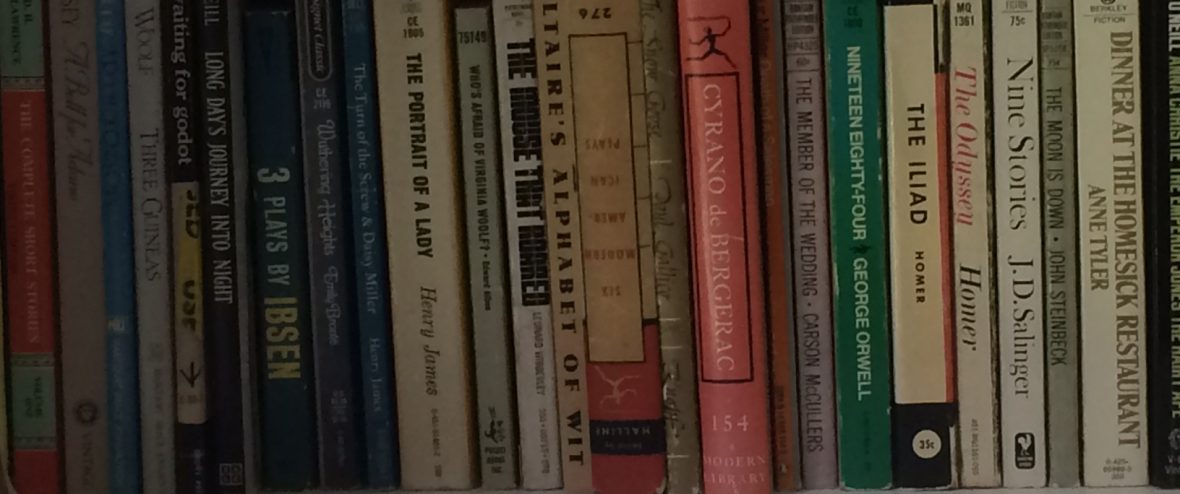With the passing of Philip Roth this past week, I was struck by how much I remembered from his work, specifically Portnoy’s Complaint. It is just by chance that this past week I read a book that was reminding me of this book, but was nowhere as well done as the original. In the original, Roth’s central character speaks to his psychoanalyst, describing his life as a series of conquests, but no meaning or destiny. The book explores sexuality, assimilation, Israel and the concept of a Jewish family.
All these traits are also examined in Howard Jacobson’s prize winning novel The Finkler Question. The central character Julien Treslove takes a similar tale, but from a different vantage point. Where Portnoy is Jewish, Treslove is not. And while there is no psychoanalyst bearing witness, it is two friends from school who are. On his way home from a dinner reminiscing with Finkler and Libor, Julien is mugged. The woman that takes his belongings is believed to say “You, Ju.” As he ruminates on this, we are given a glimpse into the obsession he has on Jewishness, or what he calls Finklerness. Just as in Roth’s book, we are then given the history of Julien’s conquests (or failures as they all left him), the concern of assimilation, the question of our right to judge Israelis, and ultimately, what is a family.
While Jacobson’s work had very interesting takes on the question of Jewish identity, he is not Phillip Roth. While the work was well written, at times it seemed overwrought and a bit long winded. Roth had been able to alleviate the banality of the story at times with a dry wit, but the Jacobson book was missing that key ingredient. Intentional or not, these parallels were plain for me to see – and I started the book before news of Roth’s passing had been announced.
It is this “coincidence” that pushed me to look more deeply into the parallels of these books. I am now more impressed with the Jacobson book, as I view it as a nod to the greatness of the plot and structure of Portnoy’s Complaint. And more impressed with Roth, since the work is still so relevant to have inspired me to make these types of connections with a book written so much later than the original.
